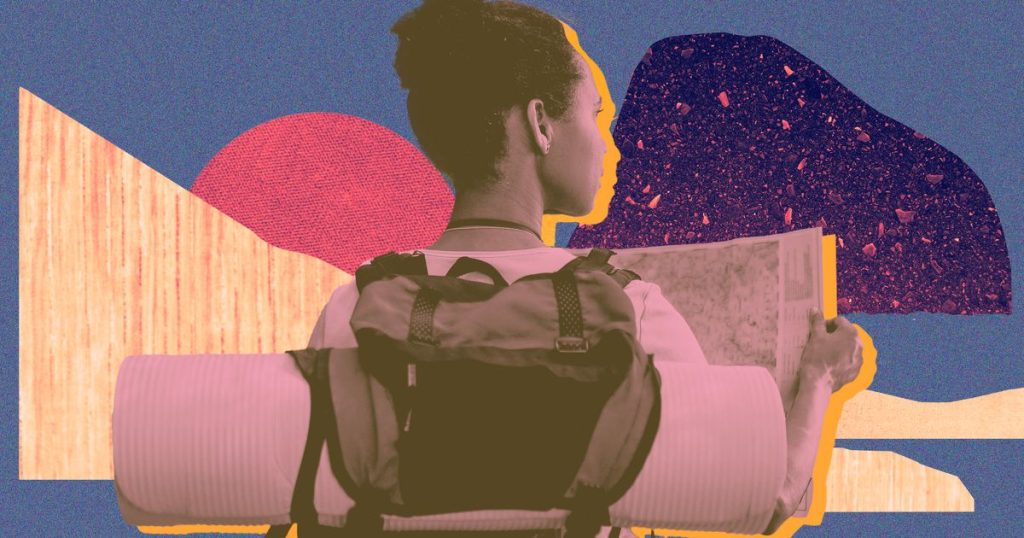As a Black woman from Detroit, the author reflects on her first hiking experience in Seattle in her mid-20s, highlighting the lack of representation of Black people in outdoor recreational activities. Recent data shows that fewer than a quarter of visitors at national parks are people of color, with only 6% of visitors in 2018 being Black. The author explores the various barriers that prevent many Black individuals from participating in hiking and outdoor activities, including historical segregation, biases, safety concerns, logistical issues, and lack of representation.
The bias and prejudice faced by Black women and nonbinary individuals in outdoor spaces can be both direct and subtle, making them feel unwelcome or unsafe. Access to green spaces and outdoor amenities is limited for many Black Americans, affecting their ability to engage in activities like hiking. Additionally, the cost of gear and the lack of inclusivity in outdoor clothing and equipment can create barriers for Black women who want to hike. Despite these challenges, the author emphasizes the importance of representation in nature and the efforts of groups like Unlikely Hikers, Black Girls Hike, and Black Girls Trekkin’ to create a sense of community and empowerment for people of color in outdoor spaces.
Hiking with other Black women provides a support system and sisterhood on the trail, allowing individuals to take up space in nature unapologetically. The author highlights the benefits of hiking in groups, including increased safety and solidarity, as well as the potential for building a larger community of Black hikers. Various organizations cater to Black individuals and women of color in outdoor activities, fostering a sense of inclusivity and diversity in the hiking community. The author shares perspectives from Black hikers like Sigourney Woodfork, who find solace and healing in nature despite experiencing moments of hypervisibility and discomfort in predominantly white outdoor spaces.
The author encourages everyone to consider hiking as a way to connect with nature and experience the benefits of outdoor recreation. By increasing inclusivity and representation of Black women in hiking and outdoor activities, the author hopes to create a more welcoming and diverse outdoor community. As more people of color participate in hiking, the shift towards a more inclusive outdoor environment could extend to other sports and recreational activities traditionally perceived as inaccessible to Black individuals. Despite the challenges faced by Black hikers, the author advocates for the healing and transformative power of nature, emphasizing the importance of taking time to disconnect from screens and immerse oneself in the natural world.


